The Iconic Shoulder Move Invented by a Legend
When you hear the name “Arnold,” your mind probably jumps straight to images of bulging biceps, broad shoulders, and an iconic Austrian accent. But Arnold Schwarzenegger didn’t just inspire the world with his physique—he actually invented exercises to help others get there. One of the most famous? The Arnold Press.
This unique twist on the classic dumbbell shoulder press is a shoulder-builder like no other. Whether you’re a beginner looking to strengthen your delts or a seasoned gym-goer trying to break through a plateau, the Arnold Press could be the missing piece in your training.
What Is the Arnold Press?
The Arnold Press is a compound shoulder exercise designed to target all three heads of the deltoid muscle—front (anterior), side (lateral), and rear (posterior). Created and popularized by Schwarzenegger himself, this move begins with your palms facing your body and rotates them as you press overhead.
This movement not only engages more muscle fibers but also promotes shoulder stability and greater time under tension.

Arnold Press vs. Regular Shoulder Press: What’s the Difference?
The key difference lies in the range of motion and rotation. In a regular dumbbell shoulder press, your palms face forward throughout the movement. The Arnold Press adds a pronation twist, which:
- Increases muscle activation, especially in the front and side delts
- Promotes joint mobility through rotation
- Places more time under tension during the lift
This seemingly small change makes a big difference in results.
Muscles Worked
The Arnold Press is a full-spectrum shoulder movement. Here's a breakdown of what it hits:
- Anterior deltoid (front) – heavily engaged during the initial phase
- Lateral deltoid (side) – stabilizes and lifts during the press
- Posterior deltoid (rear) – works to stabilize and control the rotation
- Trapezius and upper back – assist in shoulder stabilization
- Triceps brachii – extend the arms during the overhead press
- Rotator cuff muscles – work to stabilize the joint through rotation
Benefits of the Arnold Press
Here’s why the Arnold Press deserves a spot in your shoulder day:
1. Targets All Three Deltoid Heads
Unlike many shoulder exercises that focus primarily on one area, the Arnold Press evenly distributes work across the entire shoulder.
2. Improves Shoulder Mobility
The rotation helps open up your shoulder joints, encouraging a healthy range of motion.
3. Builds Better Aesthetics
Broader shoulders and rounder delts improve your physique and give that V-taper look everyone wants.
4. Functional Strength
By mimicking real-world movement patterns, the Arnold Press builds strength that's transferable to sports and daily activities.
5. Time Under Tension
The longer motion pathway means your muscles are working harder—leading to greater growth.

How to Perform the Arnold Press (Step-by-Step)?
Start Position
Sit or stand with dumbbells held at shoulder height, palms facing your body, elbows in front of you.
Rotate as You Press
As you press the dumbbells overhead, rotate your palms outward so they face forward at the top of the movement.
Lock Out and Control
Fully extend your arms overhead, pause briefly, then lower the dumbbells slowly, reversing the rotation.
Back to Start
Return to the starting position with palms facing in and elbows forward.
Common Mistakes to Avoid
Even a legendary lift like the Arnold Press can become ineffective—or even dangerous—if done incorrectly. Here’s what to watch out for:
Overarching the Lower Back
Engage your core to prevent leaning backward as the weights go up.
Going Too Heavy
Start with lighter weights to master the rotation and protect your rotator cuff.
Rushed Reps
Speeding through the press sacrifices muscle engagement. Slow it down.
Incomplete Range of Motion
Don’t skip the twist—it’s what makes the Arnold Press so effective.
Pro Tips from Trainers
- Warm up your rotator cuff before pressing to prevent injury.
- Combine Arnold Press with lateral raises for complete shoulder development.
- Include it early in your workout while your energy levels are high.
- Use a mirror to check your form and ensure the rotation is clean.
- Don’t lock your elbows aggressively at the top—keep tension on the delts.

How Often Should You Do It?
If shoulders are your weak point or a focus area, aim for 2 times per week with at least 48 hours of rest between sessions.
A solid rep scheme:
3–4 sets of 8–12 reps using moderate weight and perfect form.
Sample Arnold Press Workout
|
Exercise |
Sets |
Reps |
|
Arnold Press |
4 |
10 |
|
Dumbbell Lateral Raise |
3 |
12 |
|
Face Pulls |
3 |
15 |
|
Upright Rows |
3 |
10 |
|
Shrugs |
2 |
12–15 |
The Arnold Press Is a Shoulder Day Essential
The Arnold Press isn't just a fancy name—it’s a tried-and-tested exercise that’s stood the test of time. Whether you're chasing better symmetry, added size, or functional strength, this press is a powerful tool in your arsenal.
It’s smart. It’s effective. And most importantly—it’s Arnold-approved.



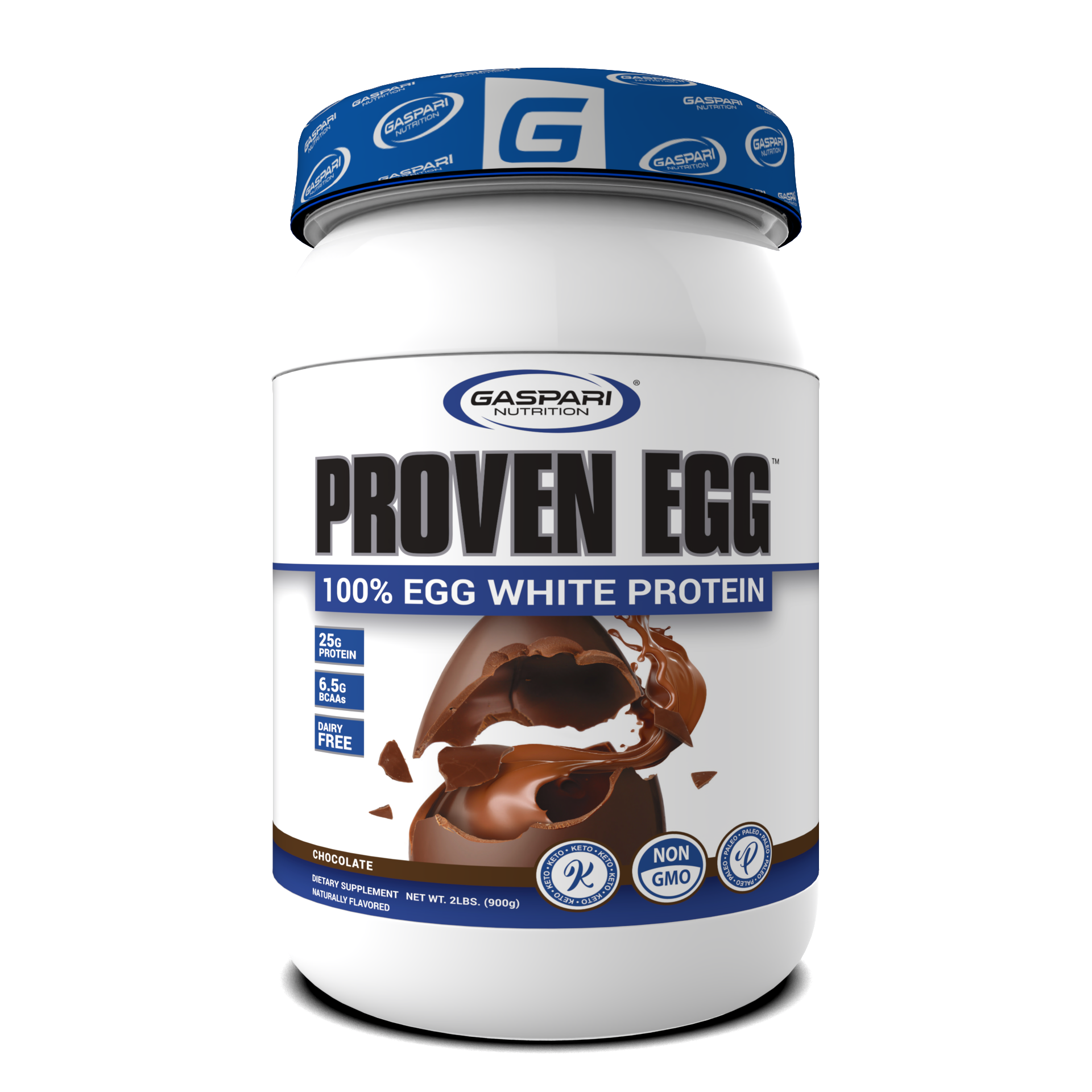




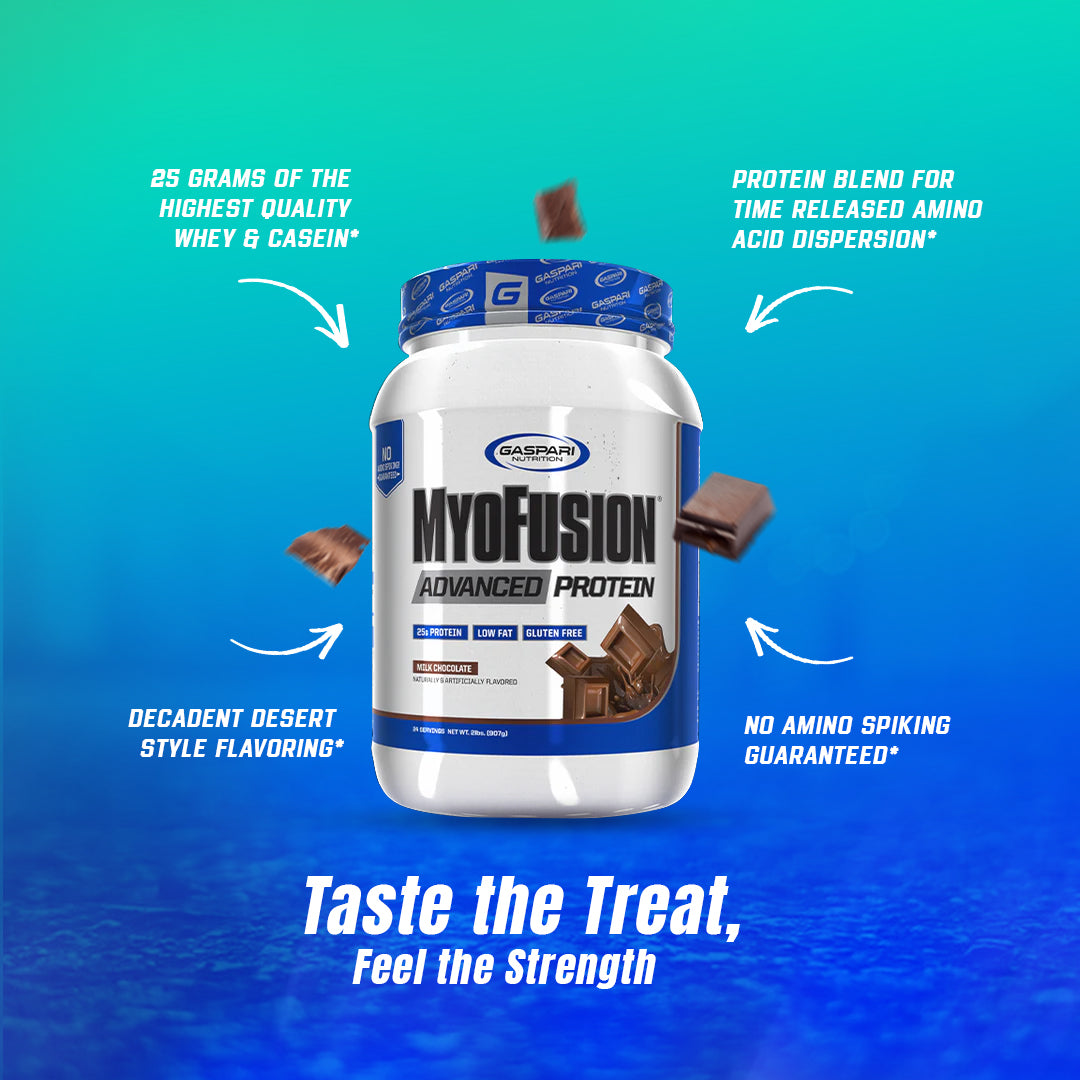
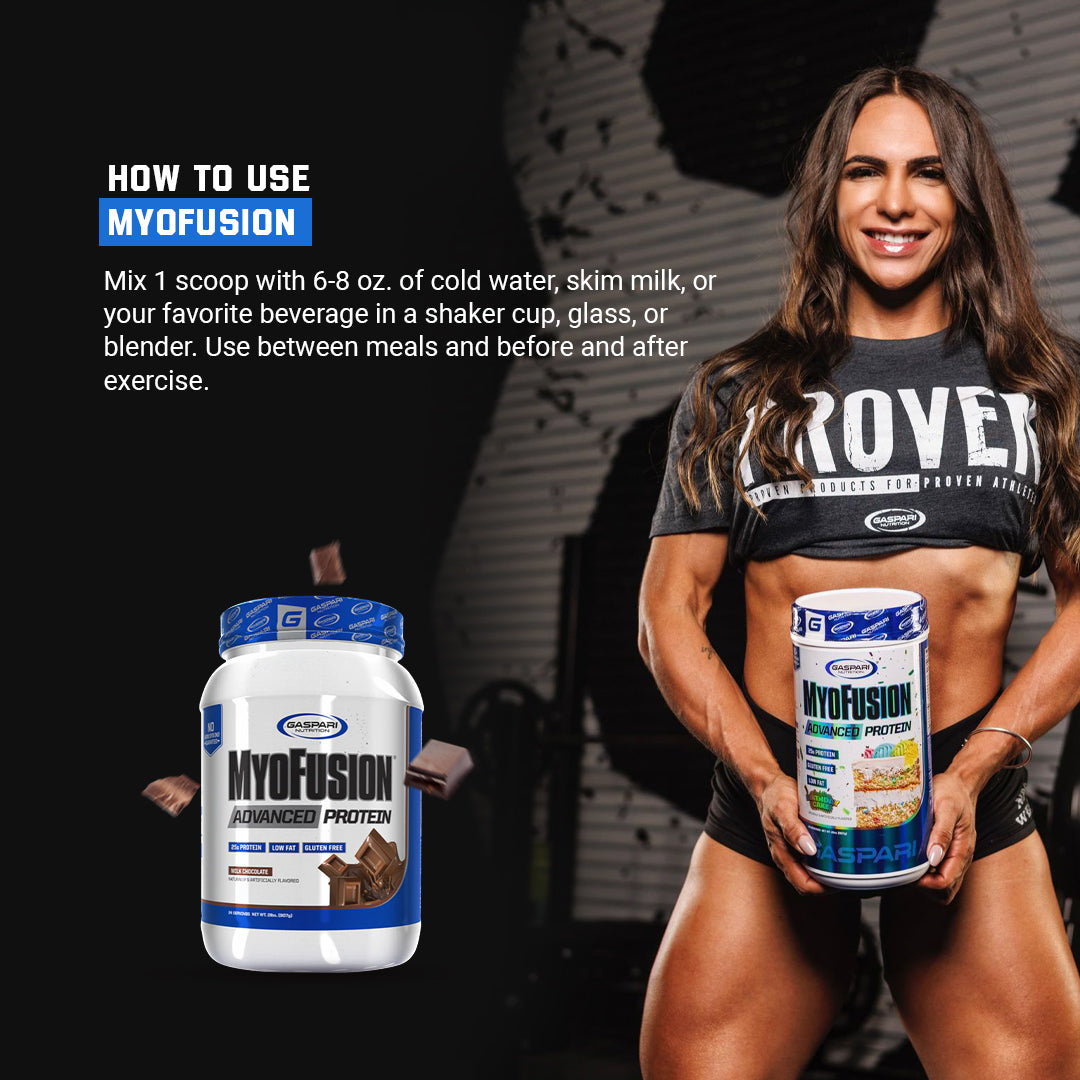
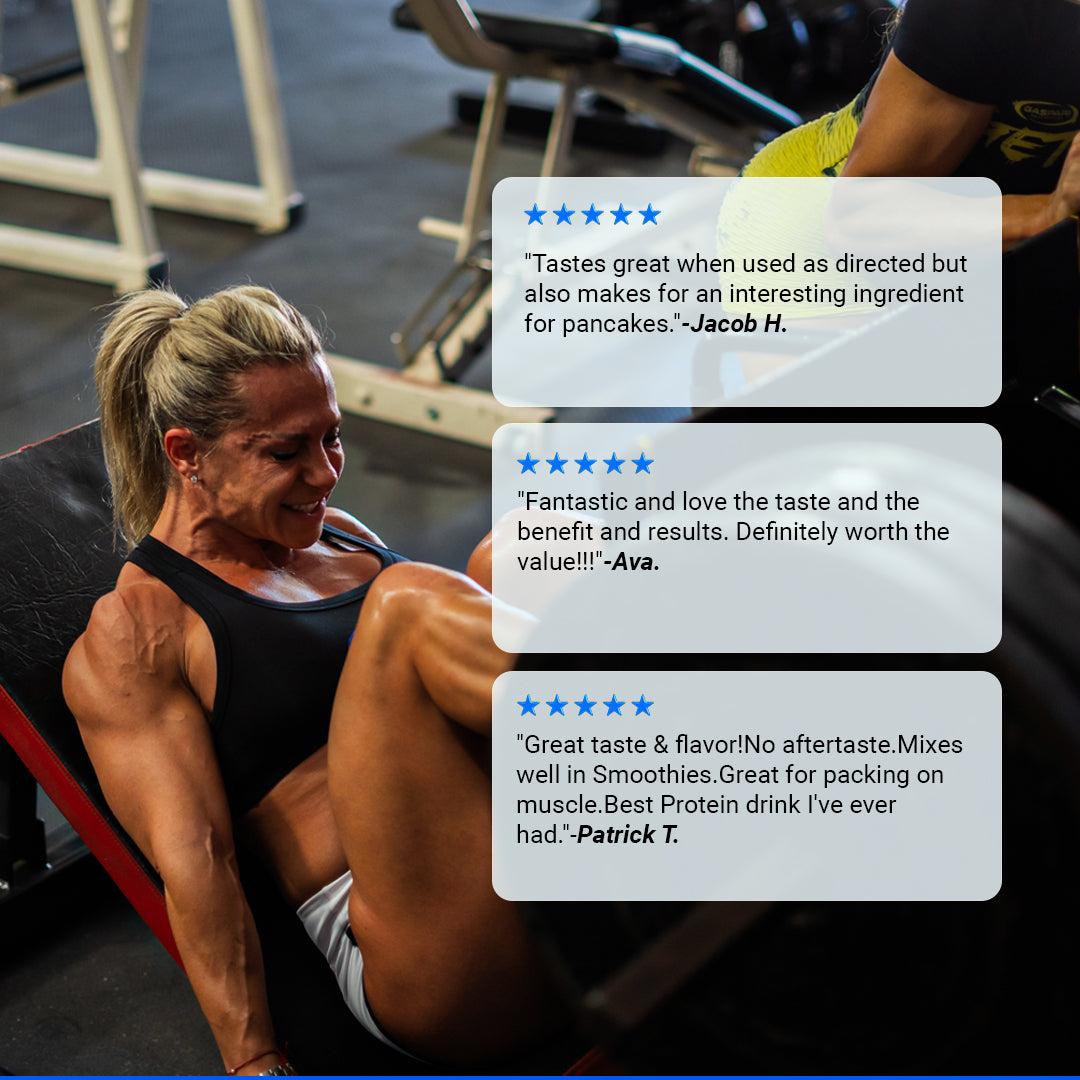
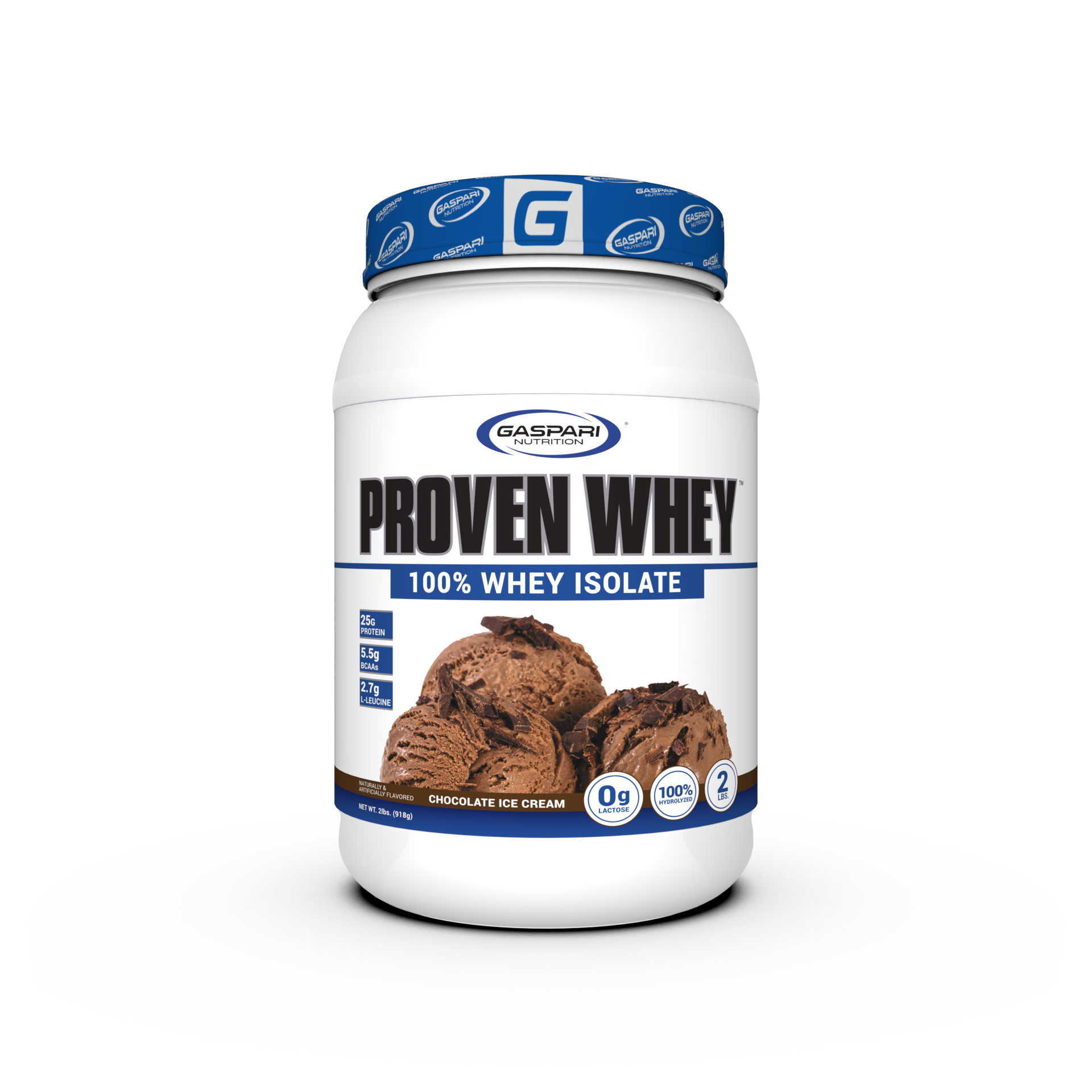
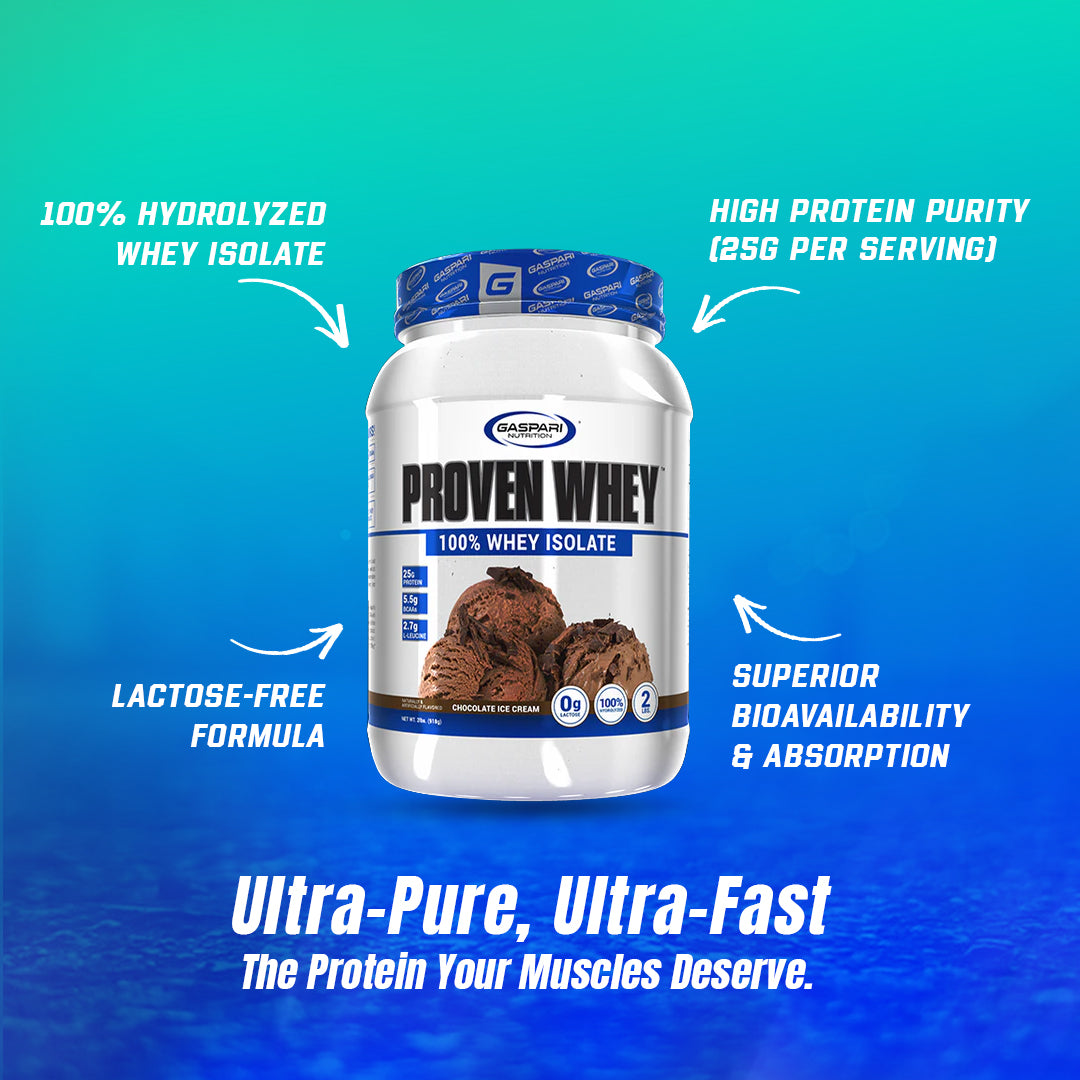

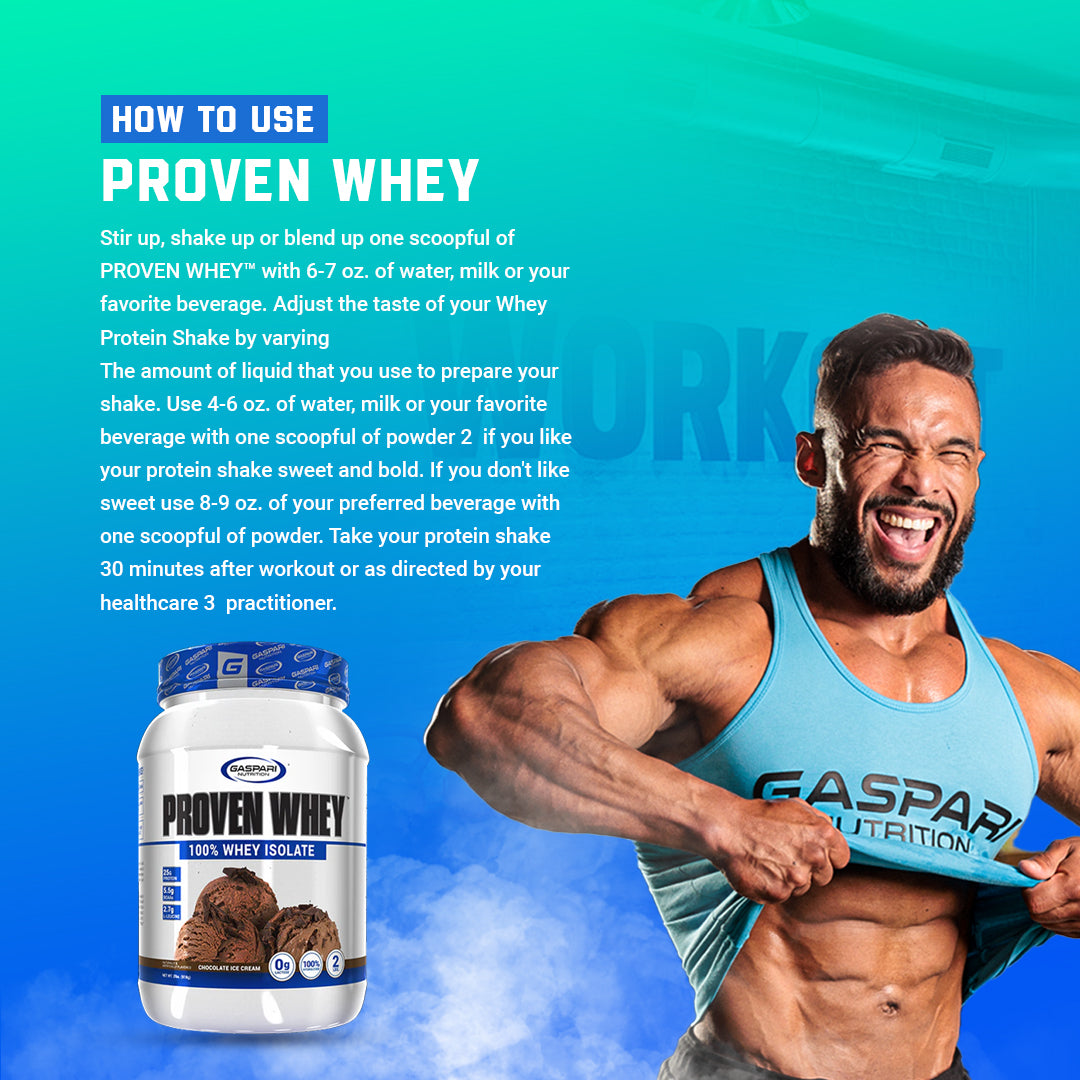
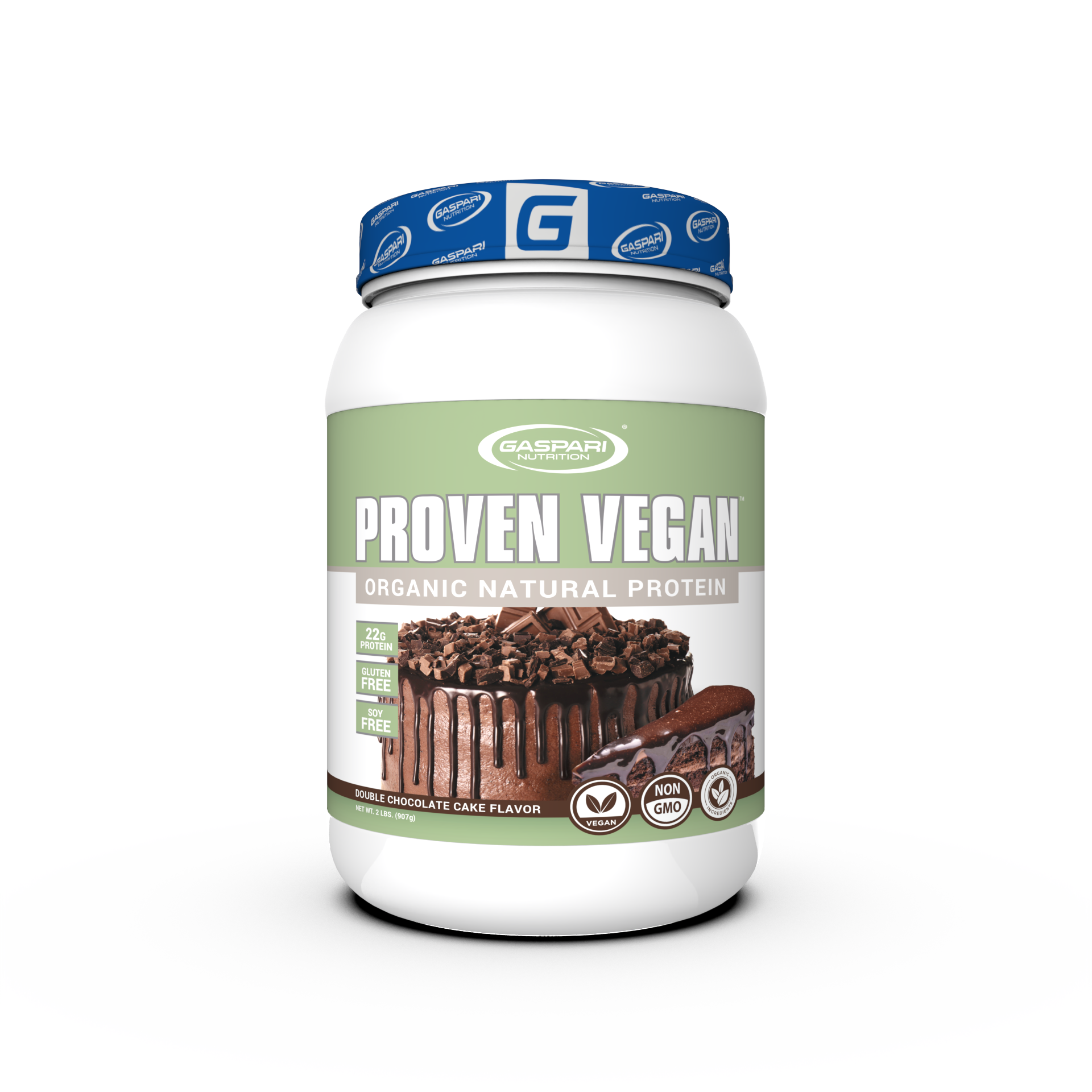

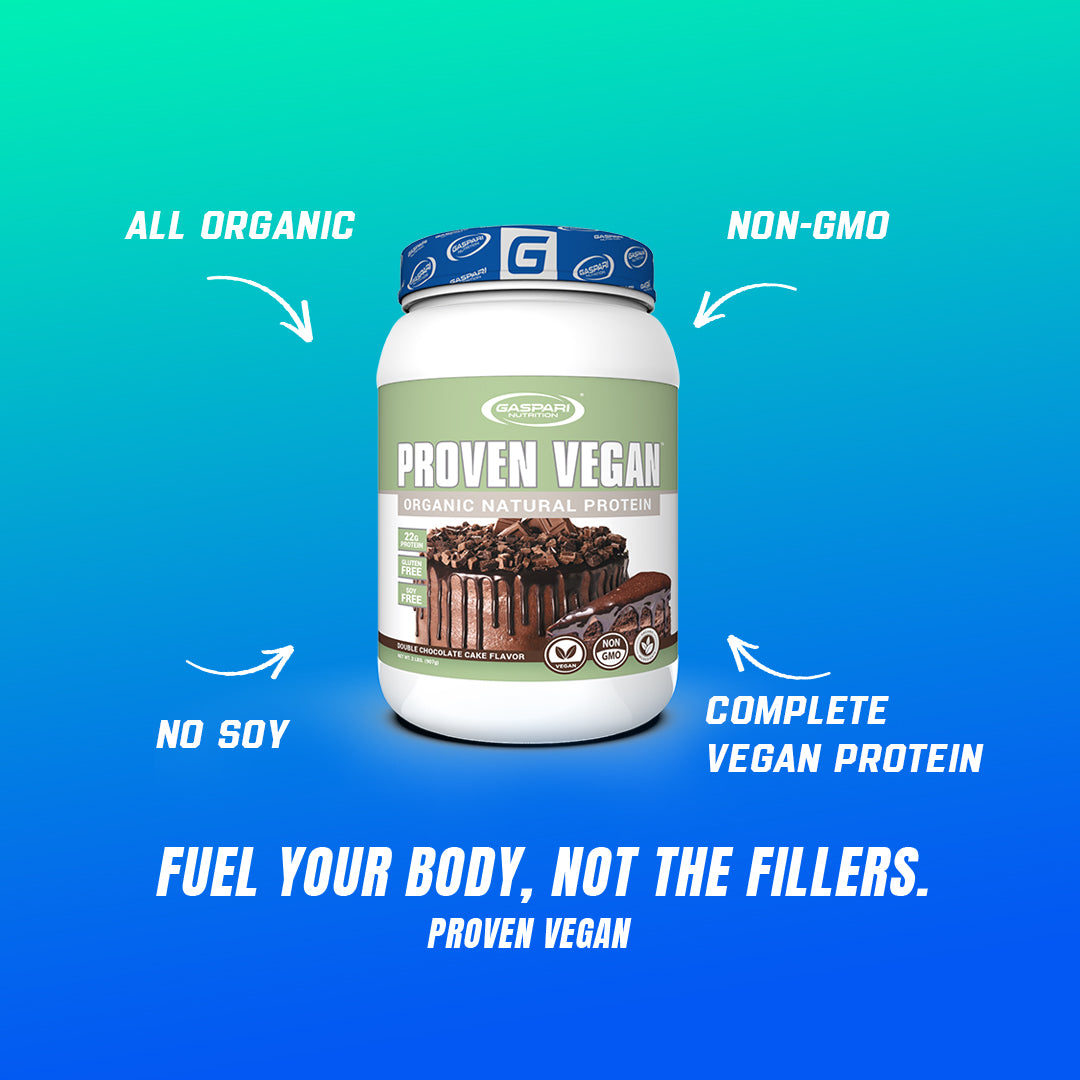








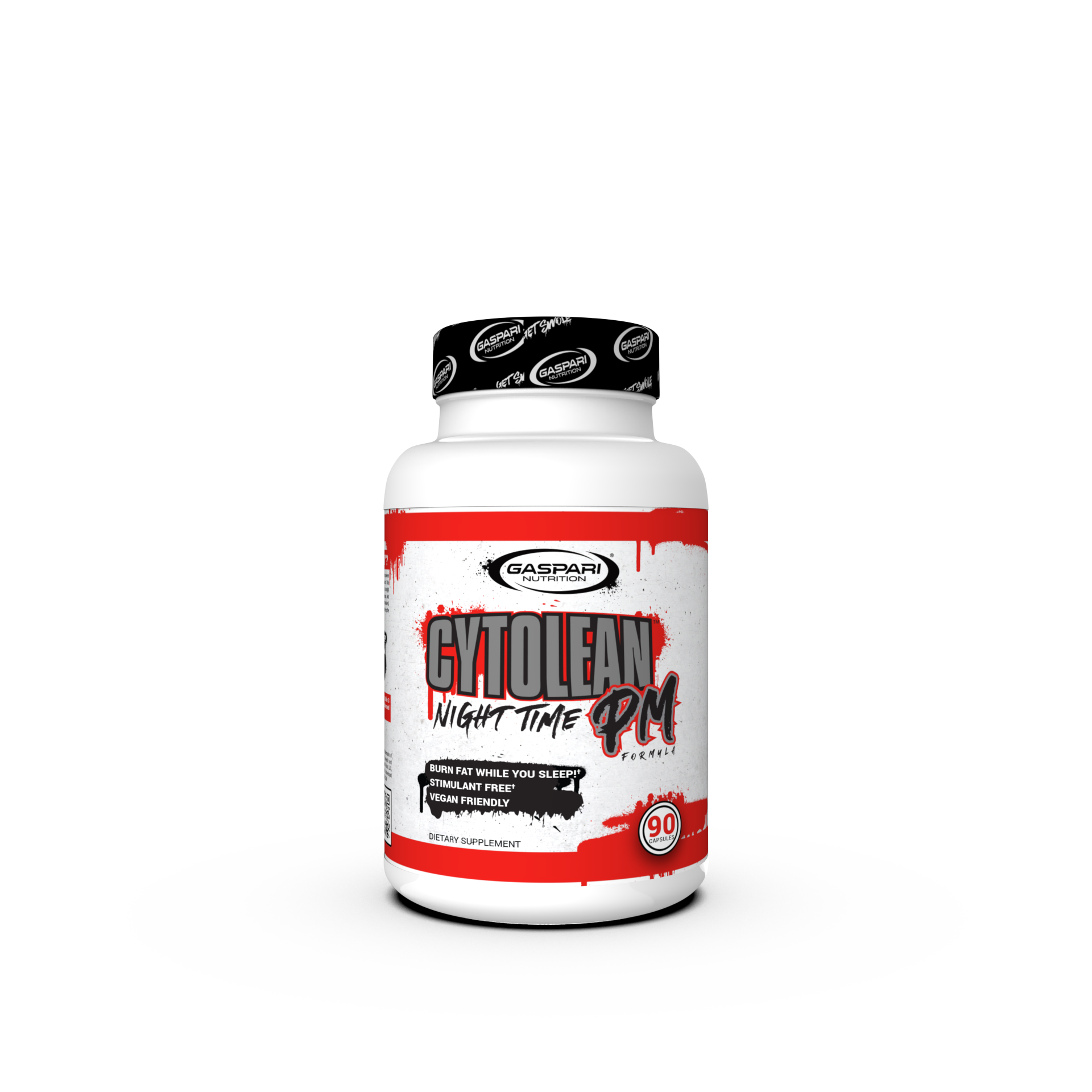

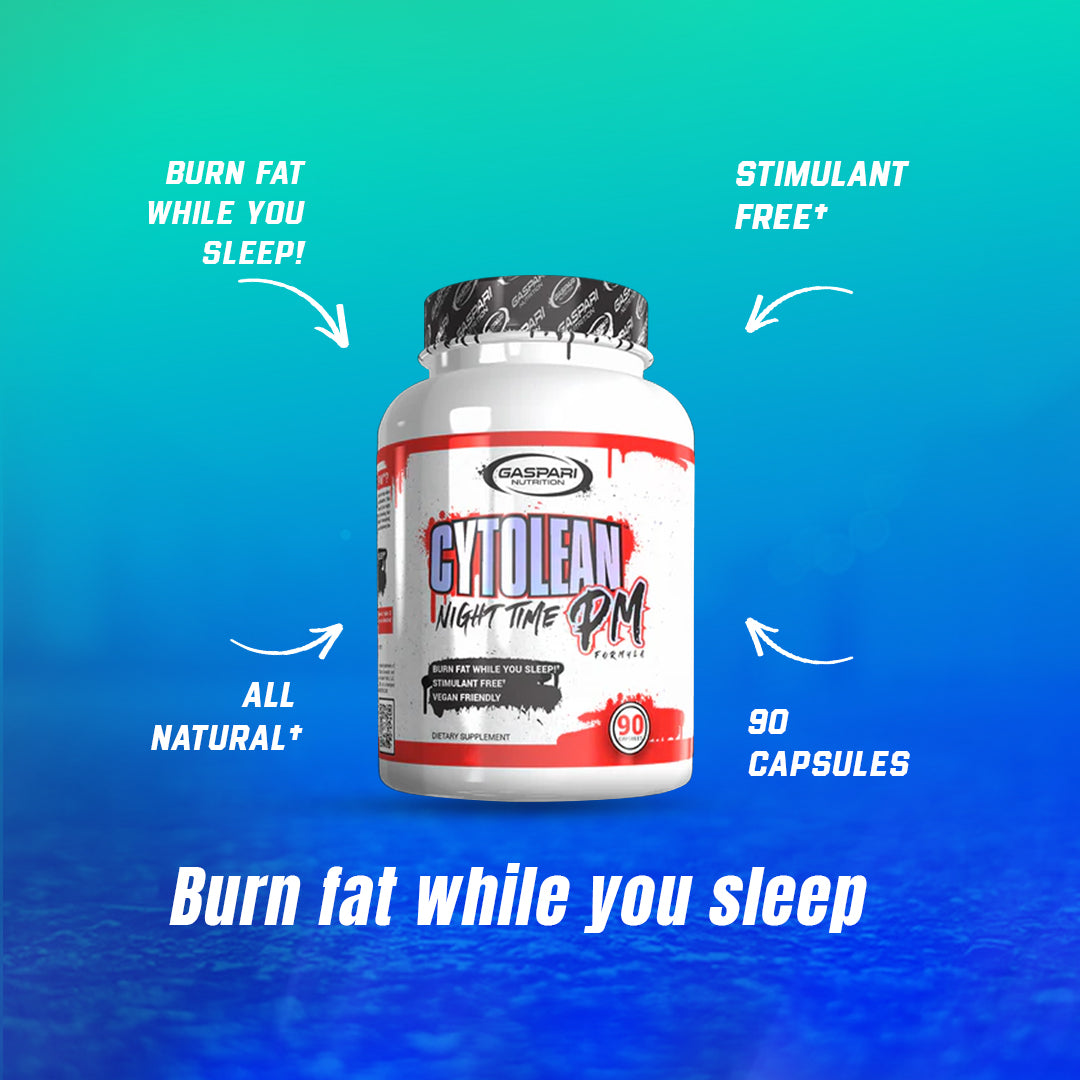

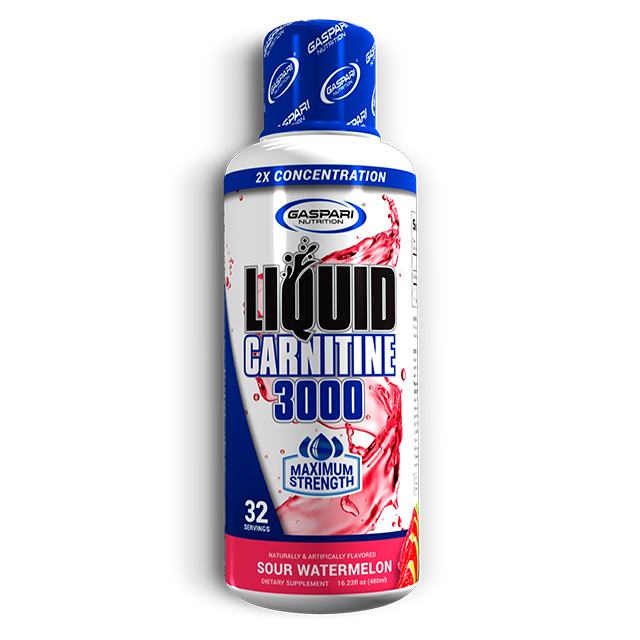
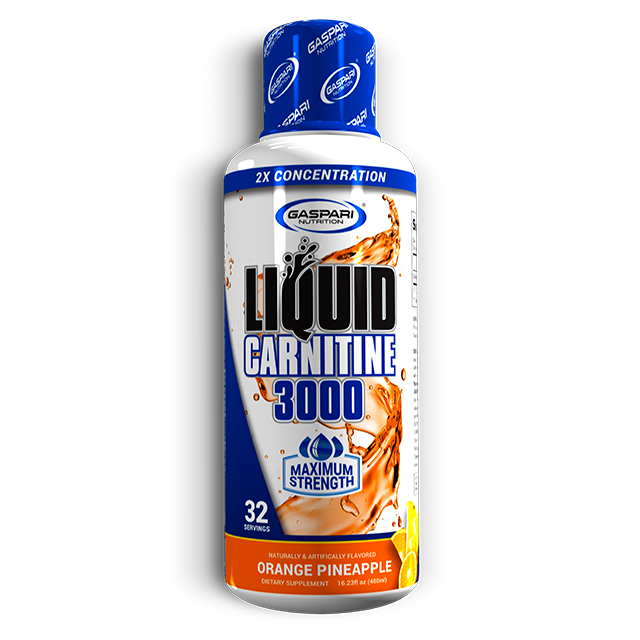
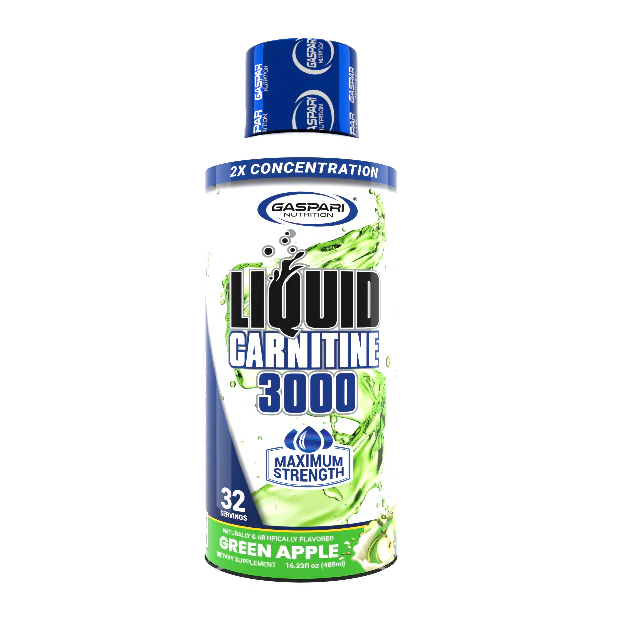

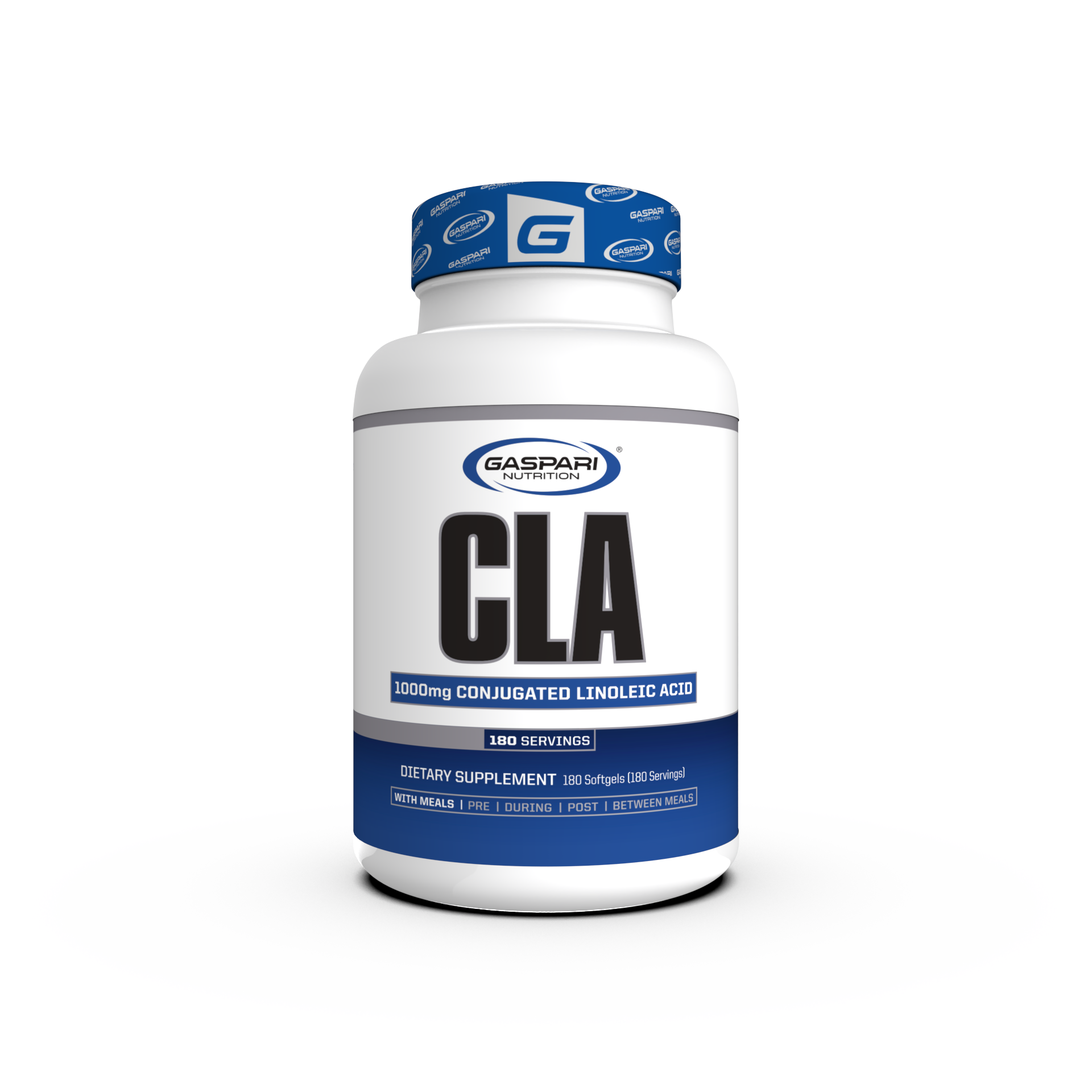








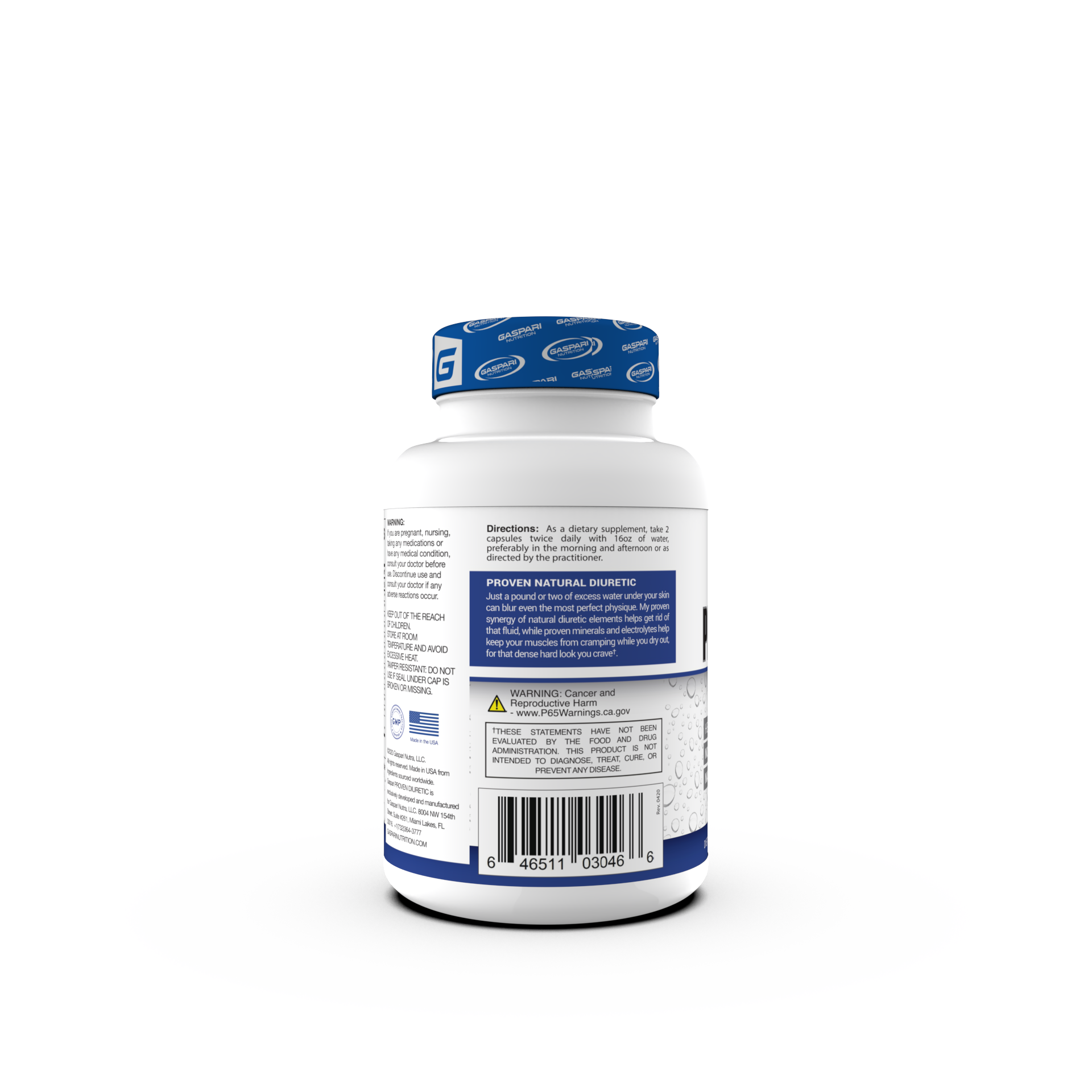





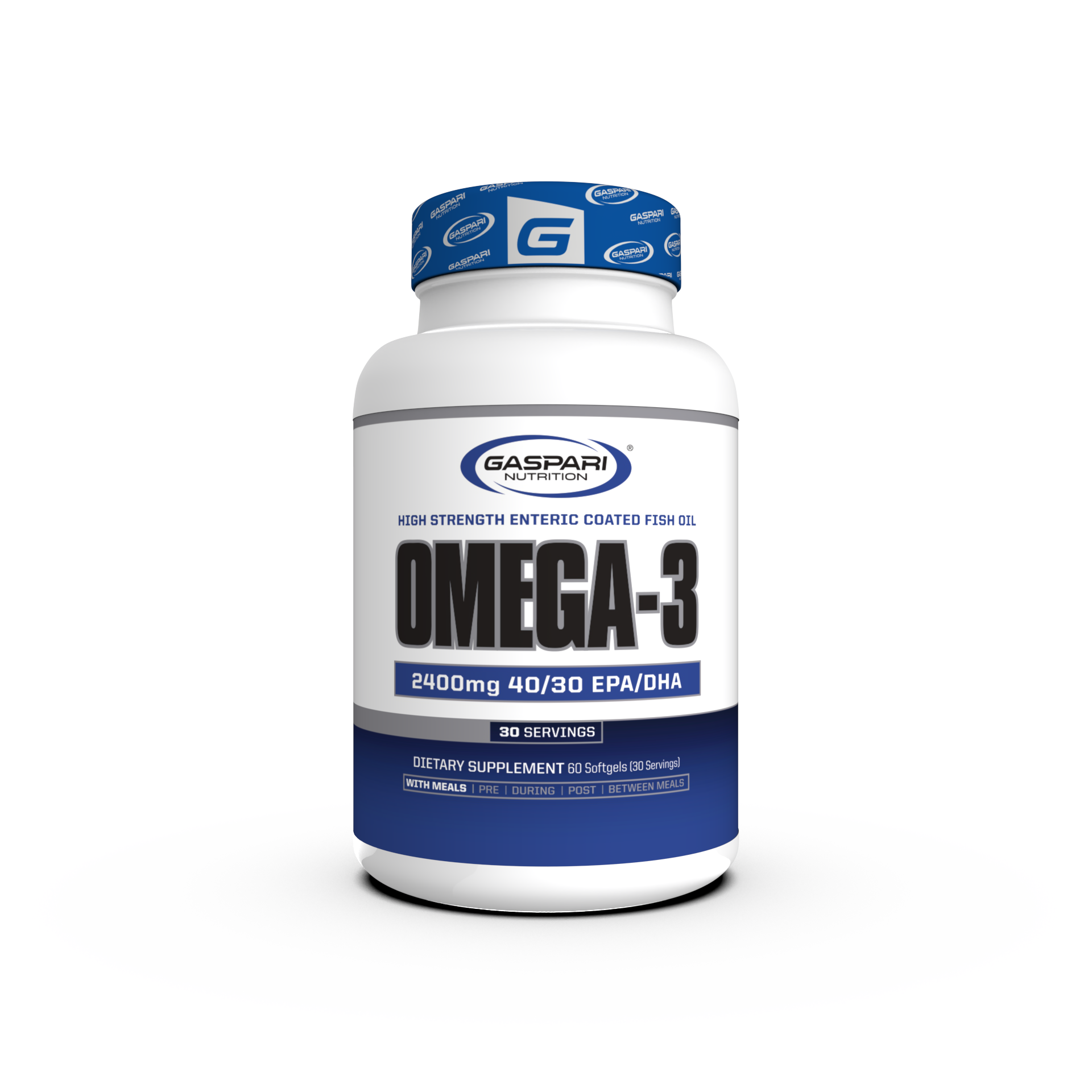




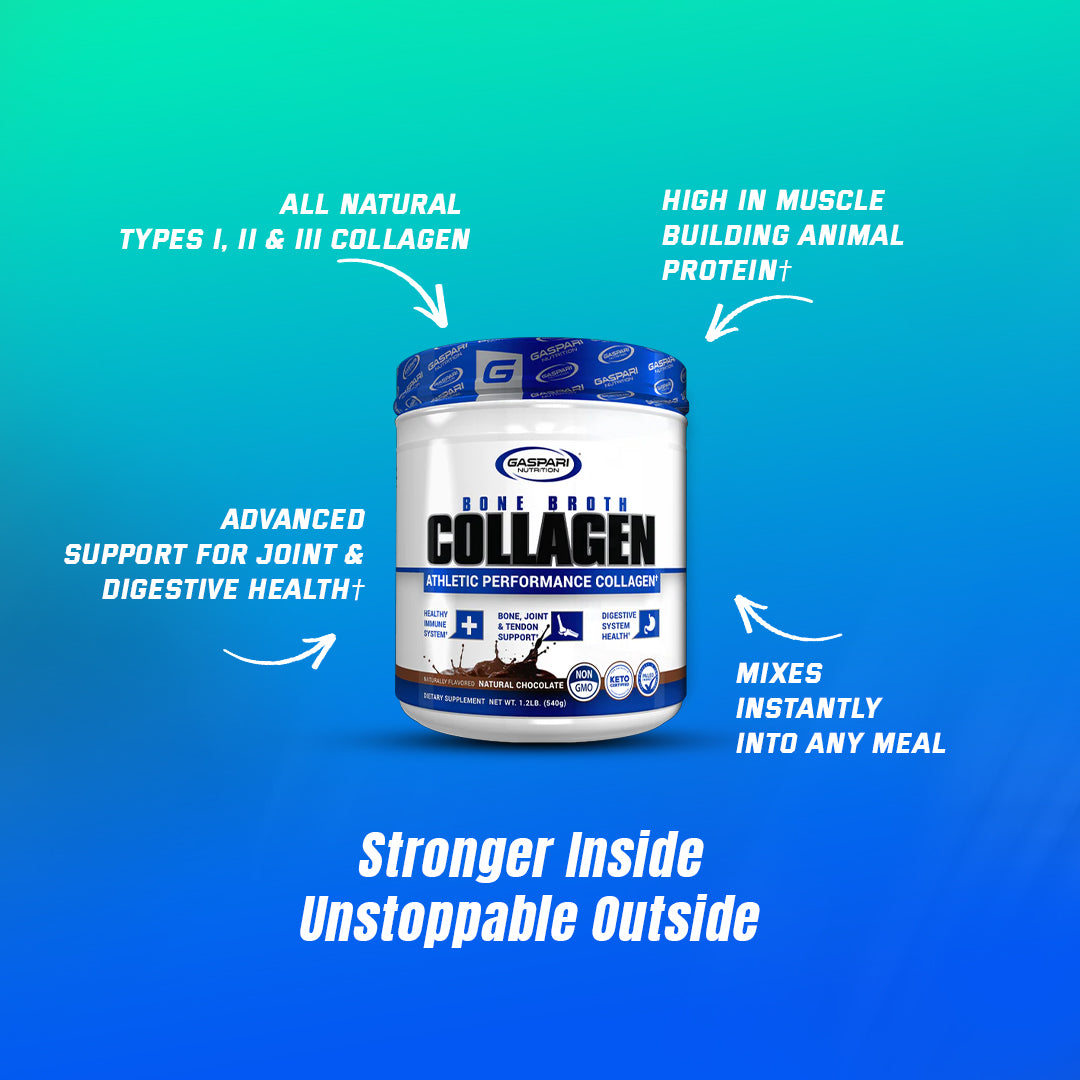
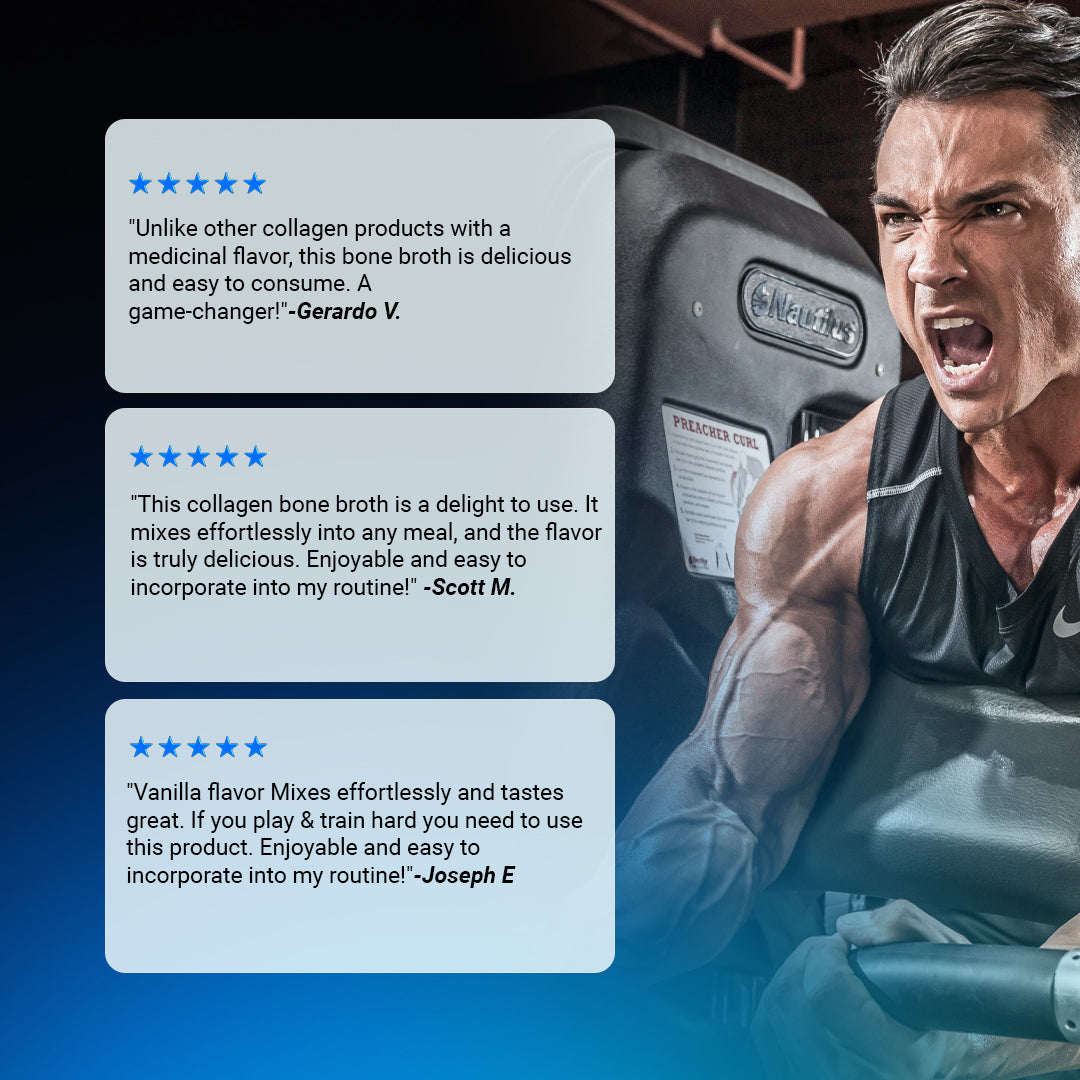
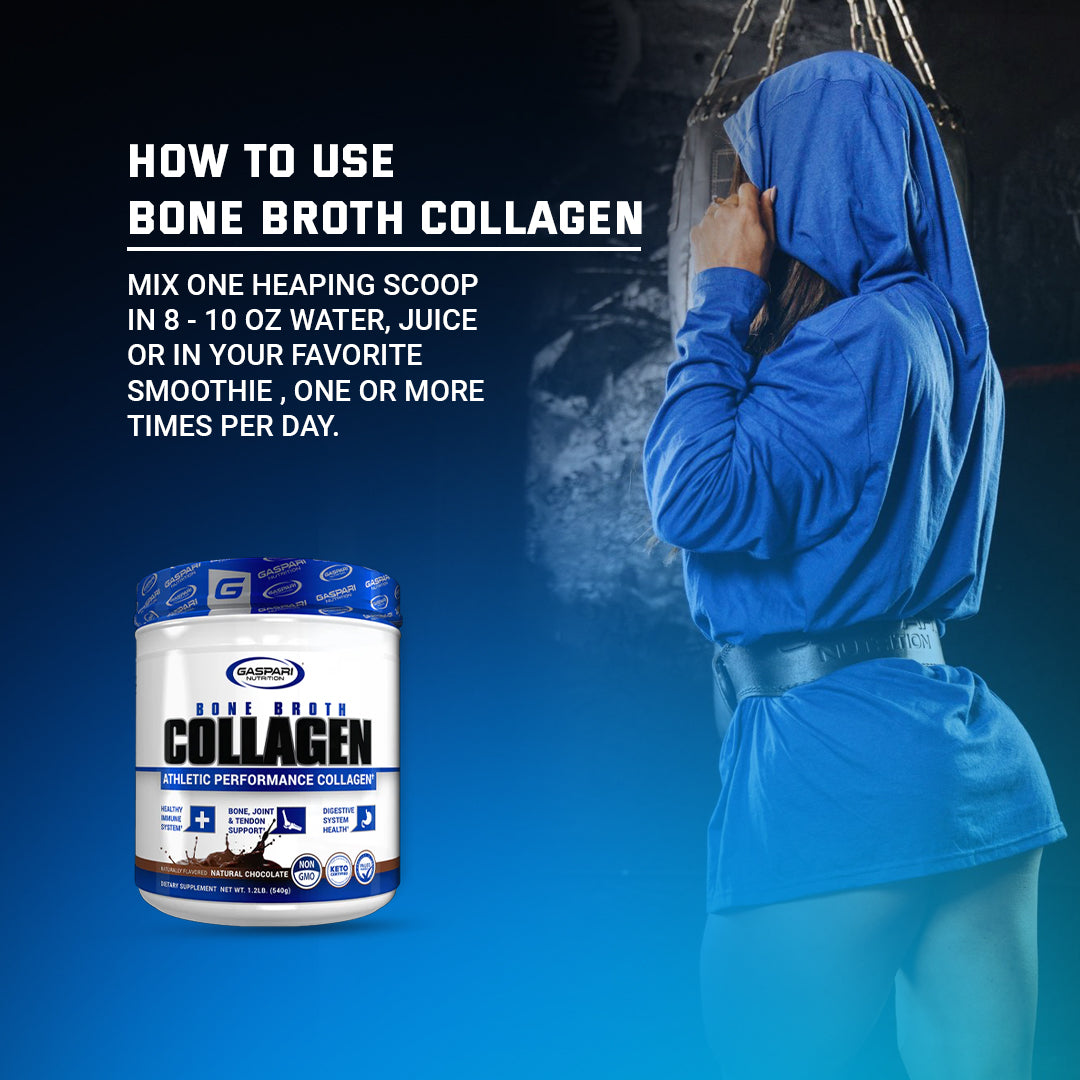
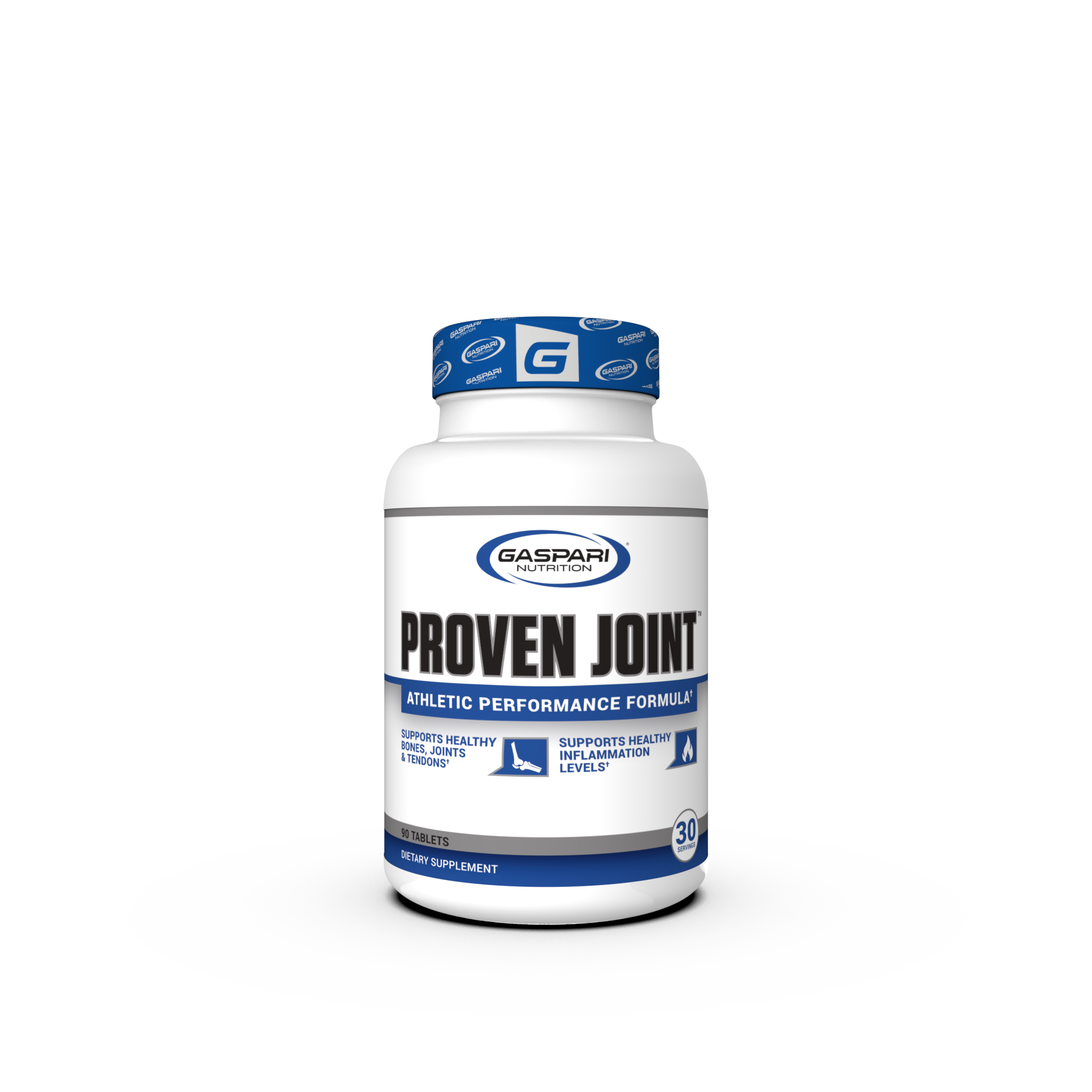
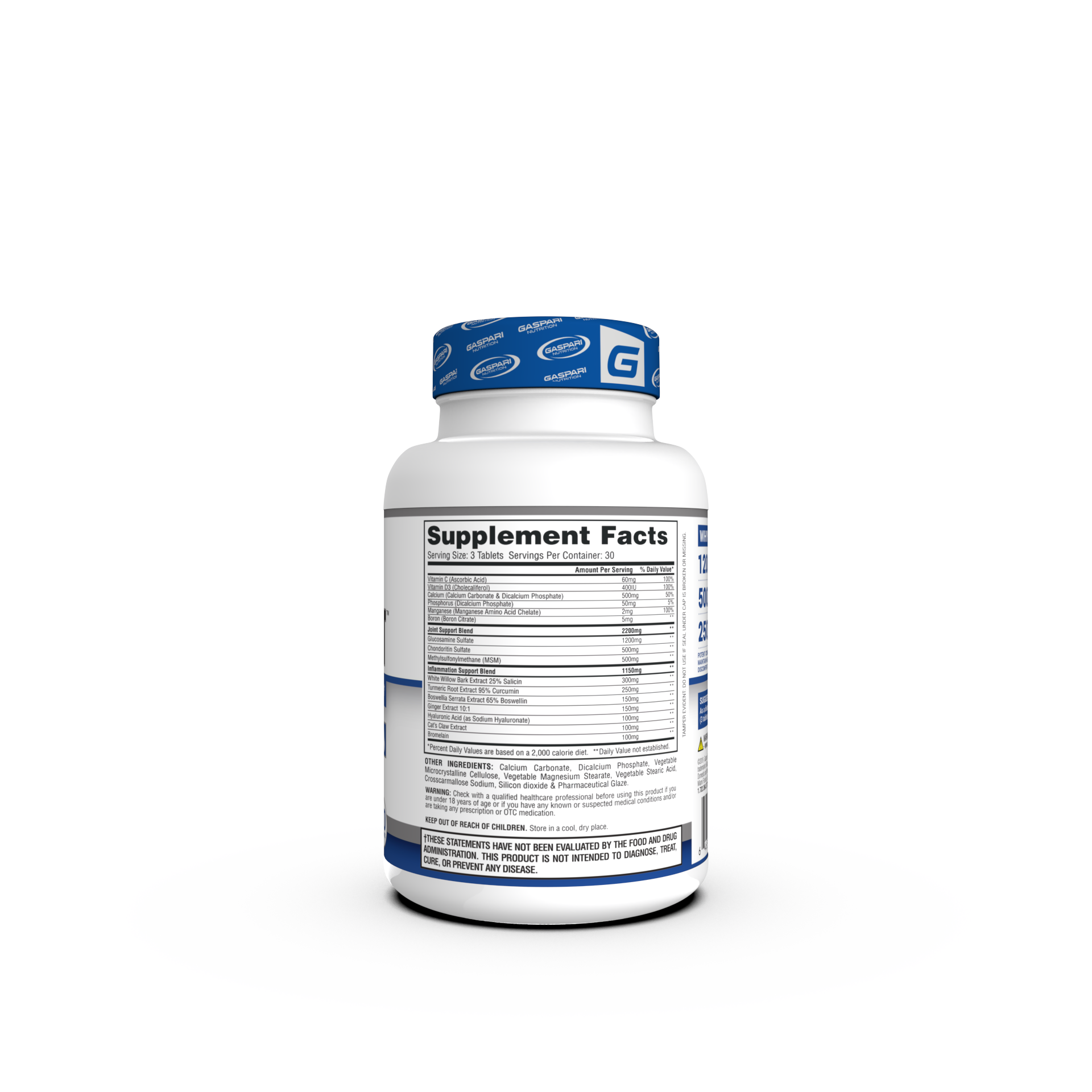
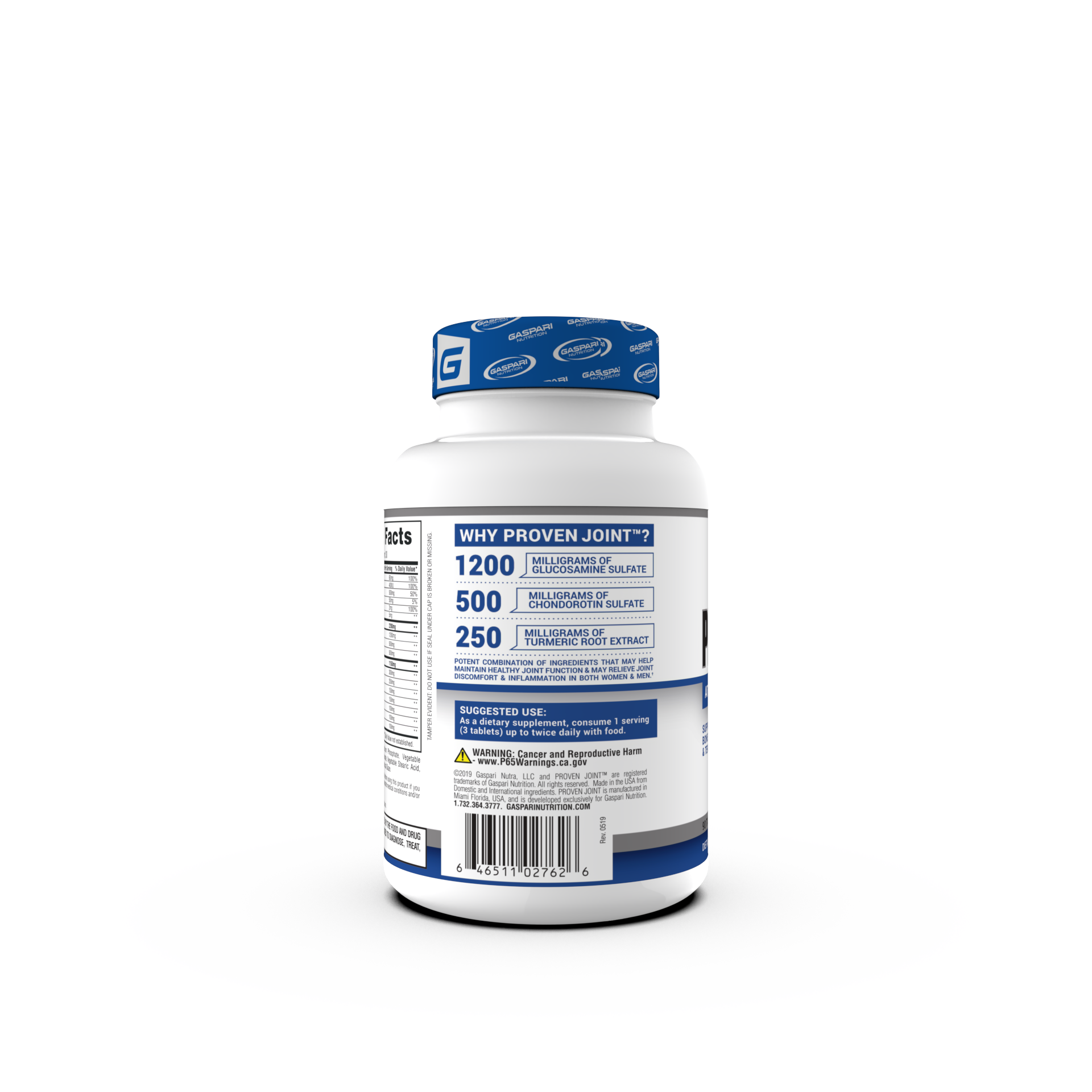


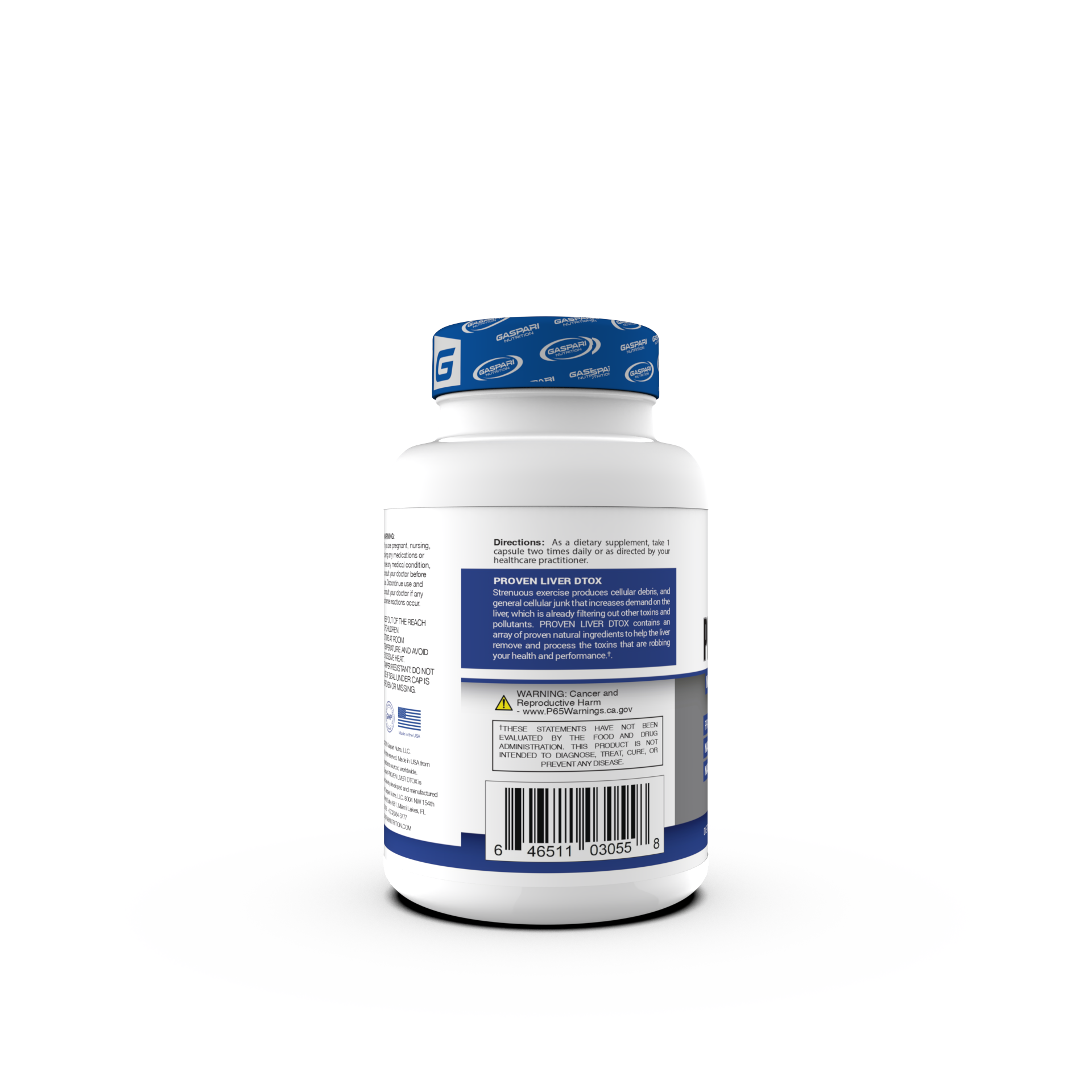
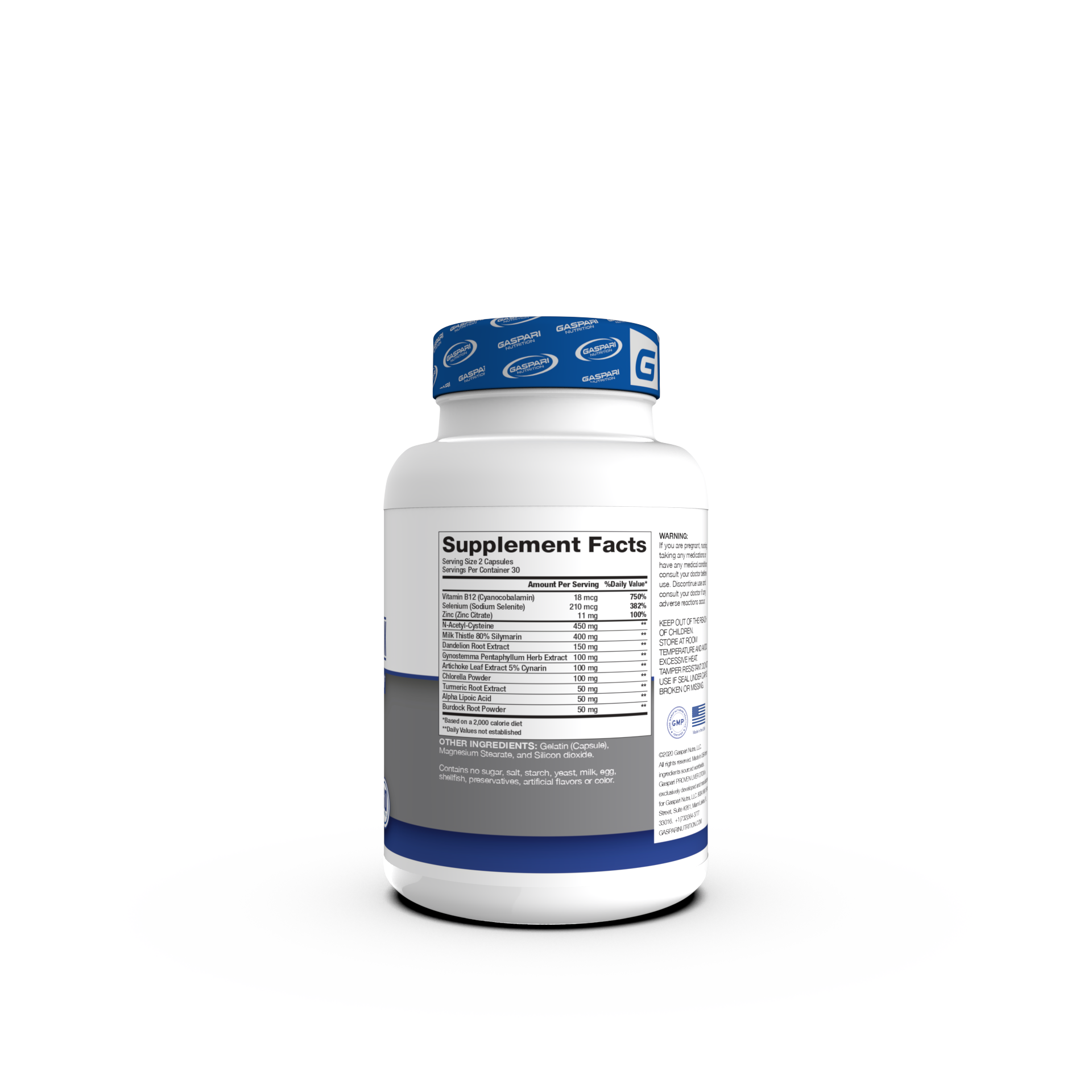

Share:
Unlocking Shoulder Gains: The Power of Pre-Exhaustion Training